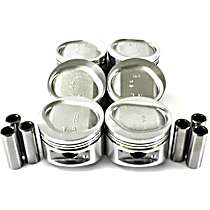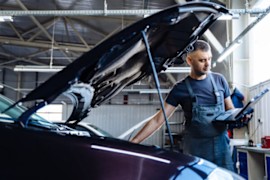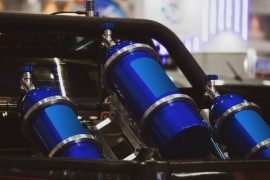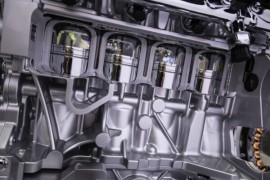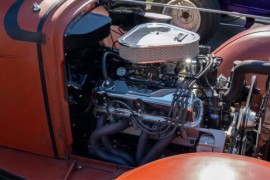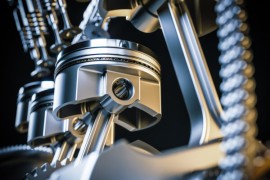{
"lazyNodes": false,
"abFitnotesFlag": false,
"abCrawlReviews": false,
"productOptionsCookie": false,
"orderDelayFlag": false,
"skipSessionCookie": false,
"covidMessage": false,
"fullTitleCookie": false,
"nrLoggerCookie": false,
"checkoutReviewCookie": false,
"productOptionSeqCookie": false,
"maintenanceFlag": false,
"bufferETACookie": false,
"multiShippingDiscountFlag": false,
"newFitmentFlag": false,
"surveyOptInFlag": false,
"crossSellFlag": false,
"skuMappingFlag": false,
"paySplitCookie": false,
"callDisableFlag": false,
"zipPaymentFlag": "u",
"hassleFreeReturn": false,
"lifetimeReplacement": false,
"cpn_off": false
}Need Help? Call Us1-866-529-0412
1990 Plymouth Voyager
1990 Plymouth Voyager Pistons
Refine by:
Shop Catalog
Showing 1 - 2 of 2 results
Sort by:
Part Number: DNJP147
Guaranteed to Fit
$106.99
Vehicle Fitment
- 1990 Plymouth Voyager Base 4 Cyl 2.5L Turbocharged, SOHC Engine, 8 Valve
- 1990 Plymouth Voyager SE 4 Cyl 2.5L Turbocharged, SOHC Engine, 8 Valve
- 1990 Plymouth Voyager LX 4 Cyl 2.5L Turbocharged, SOHC Engine, 8 Valve
- 1990 Plymouth Voyager LE 4 Cyl 2.5L Turbocharged, SOHC Engine, 8 Valve
Product Details
Warranty : 1 year or 12,000-mile DNJ limited warrantyQuantity Sold : Set of 4Prop 65 Warning :
![]() WARNING: This product can expose you to chemical which is known to the State of California to cause cancer and birth defects or other reproductive harm. For more information go to www.P65Warnings.ca.gov.
WARNING: This product can expose you to chemical which is known to the State of California to cause cancer and birth defects or other reproductive harm. For more information go to www.P65Warnings.ca.gov.
Part Number: DNJP125
Guaranteed to Fit
$115.49
Vehicle Fitment
- 1990 Plymouth Voyager SE 6 Cyl 3.0L VIN 3, SOHC Engine, 12 Valve
- 1990 Plymouth Voyager LE 6 Cyl 3.0L VIN 3, SOHC Engine, 12 Valve
- 1990 Plymouth Voyager LX 6 Cyl 3.0L VIN 3, SOHC Engine, 12 Valve
Product Details
Warranty : 1 year or 12,000-mile DNJ limited warrantyQuantity Sold : Set of 6Prop 65 Warning :
![]() WARNING: This product can expose you to chemical which is known to the State of California to cause cancer and birth defects or other reproductive harm. For more information go to www.P65Warnings.ca.gov.
WARNING: This product can expose you to chemical which is known to the State of California to cause cancer and birth defects or other reproductive harm. For more information go to www.P65Warnings.ca.gov.
Page 1 of 1 | Showing 1 - 2 of 2 results
Popular Products

DNJPiston - Direct Fit, Set of 4Manufacturer #P147
( Reviews) Questions, Answers
DNJ OE REPLACEMENT PISTONS
Keep your engine in excellent working condition by replacing damaged pistons with the OE-style fit and performance delivered by DNJ's OE replacement pistons. Since 1986, DNJ Engine Components has supplied the automotive aftermarket w...
Keep your engine in excellent working condition by replacing damaged pistons with the OE-style fit and performance delivered by DNJ's OE replacement pistons. Since 1986, DNJ Engine Components has supplied the automotive aftermarket w...
Product Questions & Answers
Q:Are these a standard cast or Hypereutectic?
Martin
A:BEST ANSWERHi Martin,
These are standard cast pistons made of aluminum. They are not hypereutectic which are made of alloy. Show less
Grace G.
1 Question, 1 AnswerView all Q&As >
Helpful Automotive Resources
Parts to Keep an Eye on to Extend Engine Lifespan
Pro Tip:
One of the most important things you can do is to make sure the engine is always completely warm before you shut it off. Frequent short drives and cold starts can fill an outwardly clean engine with
Nitrous Oxide in Cars: What Is It and How Does It Work?When used in an engine, nitrous oxide can produce a short burst of power, usually between 50 and 150 hp.
How Piston Design Affects CombustionThe design and shape of pistons have evolved over the years, and this has definitely affected the combustion process. But how?
How Do Pistons Work?
What Is a Stroker Engine?Engine displacement refers to the total volume of the cylinders swept by pistons during a stroke. It’s usually measured in cubic centimeters, cubic inches, or liters. If you could capture all the air that passes through all the cylinders on an engine during two full crankshaft revolutions, this volume of
What Are Interference Engines?An interference engine is one that has pistons slamming into the valves when the timing belt snaps.
What Is Piston Slap and How Can You Get Rid of It?Piston slap is a type of engine noise that occurs when there’s a large cold running clearance or piston-to-wall clearance that causes the pistons to rock from side to side, slapping the side of the cylinder in the process.

